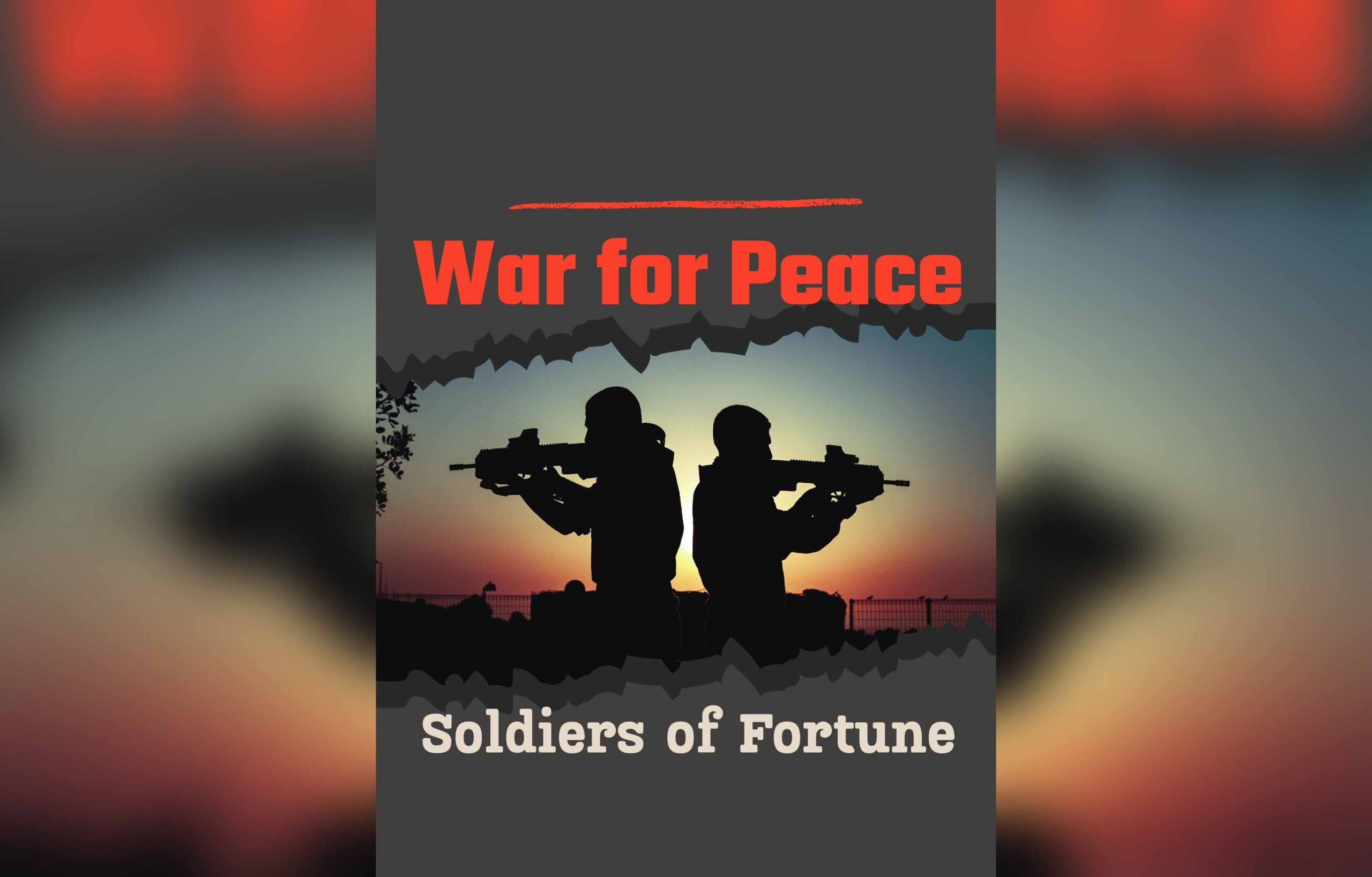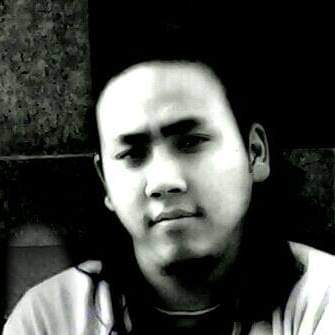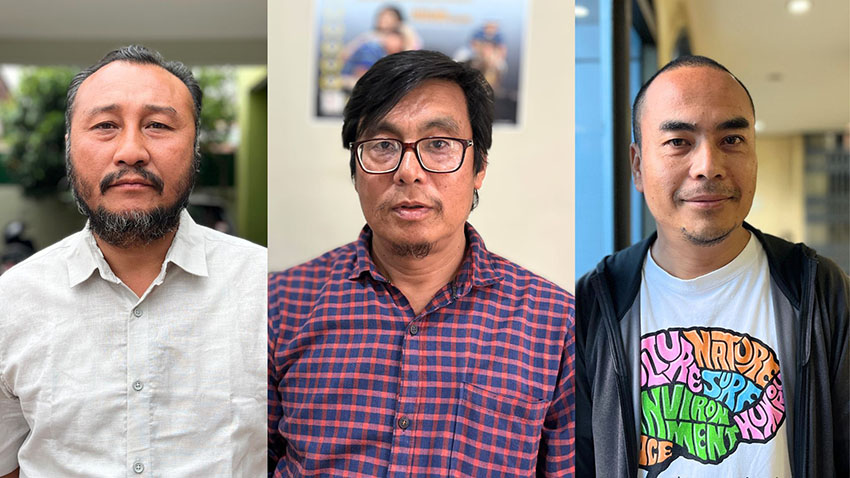Justification of violence has been the core of every rationale that surfaces during a conflict. How could one justify a violence is a question that needs some profound and elaborate statement, sufficient enough to convince the jury. I believe most of the intellectuals, and competent personalities, in the course of human history, have already found it to be a bewildering task. John Osborne’s remark in the Times (1950), at least revealed the one fundamental justification for the 20th century political war and its related violence. He writes, “Much of this war is alien to the American tradition and shocking to the American mind. For our men in Korea are waging this war as they are forced to wage it and as they will be forced to wage any war against the Communists anywhere in Asia.” [Times (1950)] What is being said and uttered here is simply providing a rationale for all they did in Korea.
I am quoting John Osborne repeatedly, because some of his lines are intriguingly relevant in most of the conflicts ridden violences. His story is specially focused on the Korean War (1950-53). We are all familiar on the political situation of the Korean War. The North was backed by China and Russia, and the south by UNC lead by USA. Korean War is also an instance, among other, that heralds the unwanted indigenous conflict. Here Osborne attempts to explore the ugliness of war in all its events of dehumanization. Though it is a short one, I am reproducing some of his line with an intention to share the first-hand experience with the readers in capturing the fundamental essence of conflict and violence – dehumanization.
Let me revisit two significant area where he explicitly mentioned as a case of the ugliness of war. This ugliness, I argue, is part of the addictive dehumanization. First is the dehumanization inflicted upon others. Here, it entails the obvious bitterness of war, where savagery in multiple forms surfaces. This active savagery includes killing, raping, extorting, human shield, ravaging and torching villages, etc. What intrigues us is Osborne’s choice of words, and his deep indications and implications. He writes, “To attempt to win it so, as we are now doing in Korea, is not only to count failure but also to force upon men in the field acts and attitudes of the utmost savagery. This means not the usual, inevitable savagery of combat in the field, but savagery in detail – the blotting out of villages where the enemy may be hiding; the shooting and shelling of refugees who may include North Koreans in the anonymous white clothing of the Korean countryside, or who may be screening an enemy march upon our positions.” (The Ugly War, Times, 1950).
He continued, “And there is savagery by proxy, the savagery of the South Korean police and (in some sectors) South Korean marines upon whom we rely for contact with the population and for ferreting out hidden enemies. I am not presuming to issue righteous indictments – or to ignore the even greater savagery of the North Korean army. I am simply stating the elementary facts of war in Korea. The South Korean police and the South Korean marines whom I observed in front line areas are brutal. They murder to save themselves the trouble of escorting prisoners to the rear; they murder civilians simply to get them out of the way or to avoid the trouble of searching and cross-examining them. And they extort information – information our forces need and require of the South Korean interrogators – by means so brutal that they cannot be described. [A reporter for Britain’s Manchester Guardian tells the story of an overcoat which was stolen from a U.S. vice consul in Pusan and which the local authorities were anxious to recover. A few days after the theft, Pusan’s chief of police personally reported to the coat’s owner. “All is well,” said the chief, “as I am currently torturing two suspects.”]”
The second case of dehumanization that is self-inflicting in character is more gross, and more inclined to the, metaphorically saying, murdering of the generations. Here Osborne addresses their own boys who are soldiers. He writes, “Then there are the soldiers. They are boys, most of them, in their teens and early 20s, many of them lately trained only in the softening and vitiating duty of the occupation in Japan. They are scared at first. In some places, they abandoned positions that seasoned troops might have held. But in a land and among a people that most of them dislike, in a war that all too few of them understand and none of them want, they became strong men and good soldiers – fast. Quite literally overnight they learned all there is to know about sticking, fighting, killing and dying. The business of soldiers is not to die but to live, and they are learning to do that, too. I have seen boys who by rights should have been freshmen in college transformed by a week of battle into men wise in the terrible ways of this especially terrible war.”
These two cases of dehumanization simply transcend all kinds of psychological or moral preparations. War and violences are allegedly convinced, and motivated by two contradictory notions – biased morality & the means to sustain it. Biased or unbiased, if it is a case of true morality, it should naturally allude to the principle of humanity. But unfortunately, the means that are available in human domain, also motivated by the principle of self-preservation, always forfeited the foundation of the same morality that it begins with. It is as simple as killing someone’s mother for the sake of saving one’s own mother. There are no other derivatives which is practical enough to sustain humanity if one is too focussed in the desired ends. John Osborne’s two cases revealed the mutually dependent instances of dehumanization. We need soldiers to uphold supremacy of many things; politics, economics, morality, etc. and on the other hand we also witness the invariably dark side of the same necessity. This is similar to any other kinds of intoxication. If the social and political necessity truly compels the involving parties in a conflict to proceed, then none could escape the addiction. Because addiction is somehow a kind of attachment towards pleasure rather than pain. And one cannot forget those joyful and pleasurable moments in chess where one takes all the enemies’ pieces, and finally the most desirable checkmate. In the Korean War, the tender boys becomes brutal soldiers in a short period of time, and those activities which most deem vices and immoral turns out to be a part of their duty, for the sake of the nation, for the sake of people, for the sake of love, and so on.












